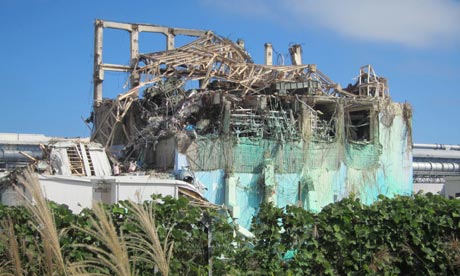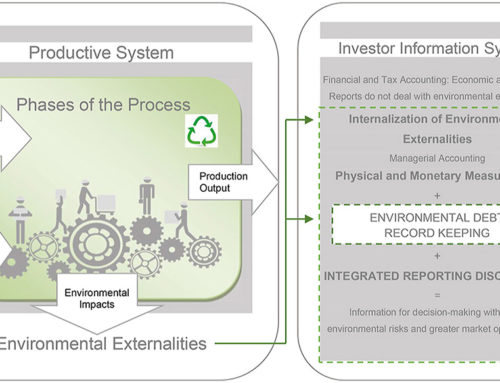First published in the Guardian on February 7th, 2014
There are at least two areas where I agree with most major religions. First, we must treat one another with compassion and kindness – the golden rule of do unto others as you would have them do unto you applies. Second, humans are inherently imperfect. We make terrible mistakes and we are capable of incredible negligence and cruelty in addition to our numerous finer qualities such as valor, graciousness and creativity.
Somehow, in our use of technology and chemicals, we presume that this second maxim of imperfection and moral failings doesn’t hold. That’s why we think it’s OK to have tens of thousands of nuclear weapons globally despite the launch codes being in the hands of the imperfect humans who have manufactured them. No surprise, then, that 92 US air force officers who hold these codes are in the middle of a scandal involving cheating and drug use. Errors could obviously be catastrophic – blackmail and impaired judgment do not mix well with nuclear capabilities.
We continue to deploy technology with the running assumption that humans won’t make mistakes or behave badly. That is genuinely stupid; history continues to show us so on every continent and in every culture. These kinds of disasters are not black swan events: they should be anticipated if we just presume that humans will err. As Mark Twain noted, “Everyone is a moon, and has a dark side which he never shows to anybody.”
With this in mind, one of the most important guidelines for 21st century business, where technological prowess is unbelievable, is theprecautionary principle. First adopted by the United Nations in 1982 as part of the World Charter for Nature, the precautionary principle states that if an action, product or policy might cause harm to the environment, even if there is no scientific consensus, the burden of proof that it is not harmful falls on those responsible for the action, production or governance.
Lessons from history
In 1962, around the time of the Cuban Missile Crisis, 161 planes carrying live nuclear weapons were deployed for takeoff when anincorrect alarm was triggered by an intrusive bear at an air base near Duluth, Minnesota. Anyone see the 1965 movie Fail-Safe where nuclear bombs are accidentally launched? Bad things happened. We were lucky to escape the 1962 false alarm unscathed, not to mention the Cuban Missile Crisis.
Human error was responsible for both the Fukushima and Chernobylnuclear disasters. Japanese culture places importance on values such as precision and honor, whereas in the former Soviet republic of Ukraine, where Chernobyl occurred, emotional and poetic culture prevails and corruption is a way of life. Both cultures, however stark their differences, produced people who made grave mistakes and acted totally irresponsibly.
The 1984 explosion at Union Carbide’s Bhopal pesticide plant in India killed over 10,000 people and sickened over 500,000. Water and land remain contaminated 30 years later and the pesticide poison continues to cause mutations and birth defects. This explosion was the result of negligence and greed from both American executives and Indian operatives and engineers. Corners were cut, safety was secondary, and pockets were lined. How human, and how horrible.
The Deepwater Horizon BP oil rig exploded in the Gulf of Mexico in 2010. This had grave environmental, health and financial impacts, and was also the result of misconduct and negligence from both BP executives and local engineers. The whistleblowers and prudent workers on the rig and in the main office did not speak up loudly enough with their concerns to prevent the accident.
Yet here we are, currently contemplating even riskier oil exploration under harsher and more pressurized conditions in the Arctic. As if we can be assured that this agglomeration of Russian, Danish, American, Canadian, Icelandic and Norwegian companies and governments will have perfectly honorable executives, engineers, safety regulators and equipment (manufactured by humans as well). This is never going to be achievable. And cleaning up an inevitable oil spill in the Arctic is not achievable either.
What can business learn?
The precautionary principle should immediately preclude any Arctic drilling for oil. Our imperfect human nature and fallible technology can only handle so much risk. Our environmental track record reveals an inclination towards avarice over our sense of responsibility. Taking stock of our limitations will only contribute to our greater purpose, brilliant exploration of scientific knowledge and technological wizardry, all great human virtues.





